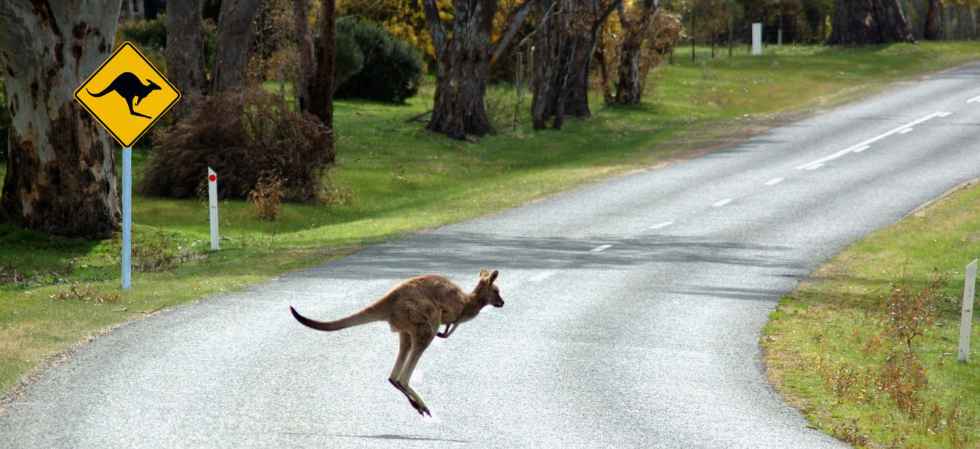Sunbury has been named as a road-kill hot spot in a report published this week by insurer AAMI.
The town comes top in a list of five Victorian districts, with Gisborne, Wallan, Heathcote and Craigieburn also making the list.
The insurer says September is the worst month for cars to collide with animals on the roads, adding that Saturday’s between 8pm and midnight is the time most animal injury incidents happen on the roads. The car most often involved, says the insurer, is a Holden Commodore.
Kristie Newton, spokesperson for the Wildlife Information, Rescue and Education Service (Wires) says habitat loss and extreme weather causes native animals to be being displaced from their natural homes and into urban areas in search of food and shelter.
“Our wildlife are becoming more vulnerable to traffic, and collisions with vehicles are on the rise,” she says.
“Last year Wires received more than 180,000 calls to our rescue line and assisted more than 130,000 native animals. A large portion of the wildlife in our care have come to us due to a vehicle collision, either being struck themselves or left orphaned after their mother was killed.”
Animal collisions have increased by 22% year-on-year according to claims data from AAMI. Drivers are urged to take notice of signs warning of the risk of animals on the road.
Analysis of more than 21,000 AAMI animal collision claims across the country in 2023 found:
- Animals typically hit by cars are kangaroos, wallabies, wombats, deer, dogs, cows, emus, pigs, foxes, and rabbits
- Dusk in cooler months is the worst time of year for animal collisions
- In around 16% of motor claims involving an animal, the vehicle is written off
- Saturday is the worst day of the week for wildlife related road accidents


